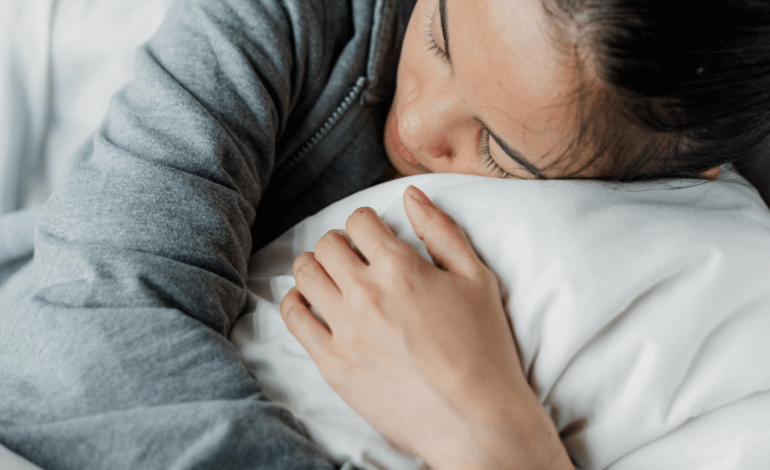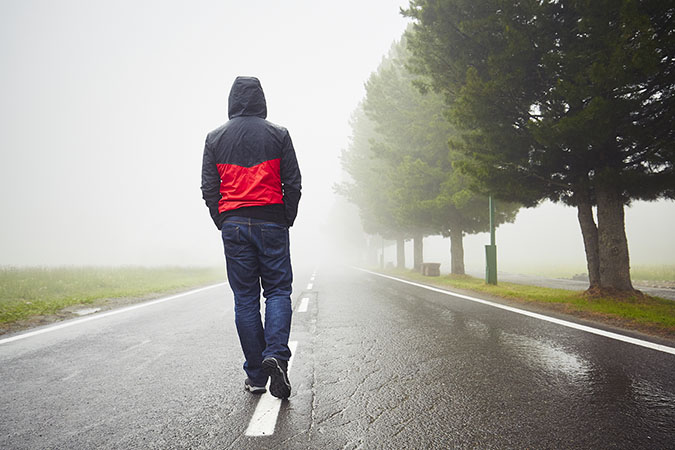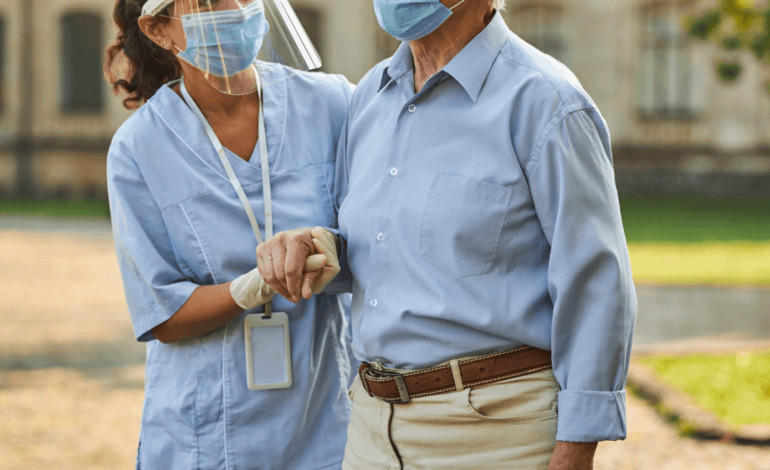Sleep Awareness Week, March 13th-March 19th, 2022, aims to highlight the importance of good sleep and educate individuals about improving their sleeping habits.
Founded by the National Sleep Foundation, Sleep Awareness Week provides individuals the opportunity to learn about why sleep is important, how good sleep can improve health, whether or not certain sleeping habits may be harmful to your mental and physical health, and what to do when bad sleep is interfering with your daily functioning.
What is sleep hygiene?
Sleep hygiene is the term used to describe healthy sleep habits and behaviors an individual can practice to help improve falling asleep and staying asleep throughout the night. Common sleep hygiene practices include:
Consistent bedtimes and wake times.
Limiting caffeine.
Fatty food and sugars before sleep.
No electronics before bed.
Sleeping in a dark, cool room in a comfortable bed.
Limiting physical exercise to earlier in the day.
Poor sleep hygiene can lead to difficulty falling asleep and staying asleep, otherwise known as poor sleep quality. Over time, poor sleep can negatively impact your daily routine and overall health. Studies show that more than one-third of American adults are not regularly getting the recommended amount of sleep.
The impacts of poor sleep
Poor sleep can affect your physical health, mental health, and stress levels. The short-term consequences of poor sleep include increased stress, reduced quality of life, emotional distress, mood disorders, and cognitive, memory, and performance deficits.
The long-term consequences of poor sleep include high blood pressure, heart disease, high cholesterol, weight-related issues, type 2 diabetes mellitus, and gastrointestinal disorders.
Depression and anxiety are tightly linked to poor sleep, and studies have shown that poor sleep can cause depression and anxiety and vice versa. Chronic sleep problems affect 50% to 80% of patients in a typical psychiatric practice, compared with 10% to 18% of adults in the general U.S. population. Sleep problems are not only common in individuals with anxiety and depression but are also particularly common in individuals with bipolar disorder and attention deficit hyperactivity disorder (ADHD). Poor sleep is also known to trigger mania, paranoia, and psychosis.
The vicious cycle of poor sleep and stress
When an individual is experiencing high levels of stress, the quality, and length of sleep decrease, meaning that an individual may have trouble falling asleep and staying asleep. As a result of this poor sleep, an individual will wake up feeling tired and, as a result, will have difficulty coping with daily life, which can, over time, lead to low self-esteem, which can bring on more worry and stress, and the cycle repeats itself.
What causes poor sleep?
As mentioned above, stress and mental health conditions can result in problems falling asleep and staying asleep, leading to poor sleep quality. However, there are many other causes of poor sleep besides depression, anxiety, and stress. Some common underlying triggers associated with poor sleep include:
Psychiatric medication can cause side effects, including insomnia, disturbed sleep, nightmares, and oversleeping. Stopping psychiatric drugs can also cause sleep problems.
If you have experienced past trauma, this can cause flashbacks, nightmares, or night terrors that disturb your sleep. You might feel unsafe or uncomfortable in bed or the dark.
Poor sleep hygiene may include sleeping in an uncomfortable environment, falling asleep with the television on, drinking caffeine before bedtime, eating a meal before bedtime, etc.
Sleep disorders which may include insomnia, restless leg syndrome, sleep apnea, narcolepsy, and REM sleep behavior disorder
Working at night or being a shift worker
Recreational drugs or alcohol
Prescription and over-the-counter medications: Certain heart, blood pressure, and asthma drugs, as well as over-the-counter medicines for colds, allergies, and headaches, can interrupt normal sleep patterns.
Substance use disorders, specifically withdrawal from certain substances such as nicotine, opioids, benzodiazepines, cocaine, and sleep medications.
Seeking help for poor sleep
One of the first steps to take if you are struggling with poor sleep is to adopt a healthy sleep hygiene routine which should include the following:
Adopt the same bedtime and morning wake time every day
Establish a bedtime routine
Avoid food and drink before bed
Avoid caffeine after 12 noon
Avoid fatty foods at dinner
Adopt a regular exercise routine during the day
Spend at least 1 hour outside in natural sunlight
Avoid alcohol before bed
Adopt a comfortable sleep environment
Avoid television and electronics 60 minutes before bedtime
If you are dealing with mental health or substance abuse issues impacting your sleep, consider talking with a mental health expert who can help determine if your symptoms are related to depression, anxiety, grief, or any other mental health issue or substance abuse disorder.
Suppose you are taking medications or have a history of medical conditions. In that case, it also may be wise to speak with your primary care physician to see if you have side effects from medication, have an underlying medical condition contributing to poor sleep, or can benefit from a sleep study to determine if you have a sleep disorder.




